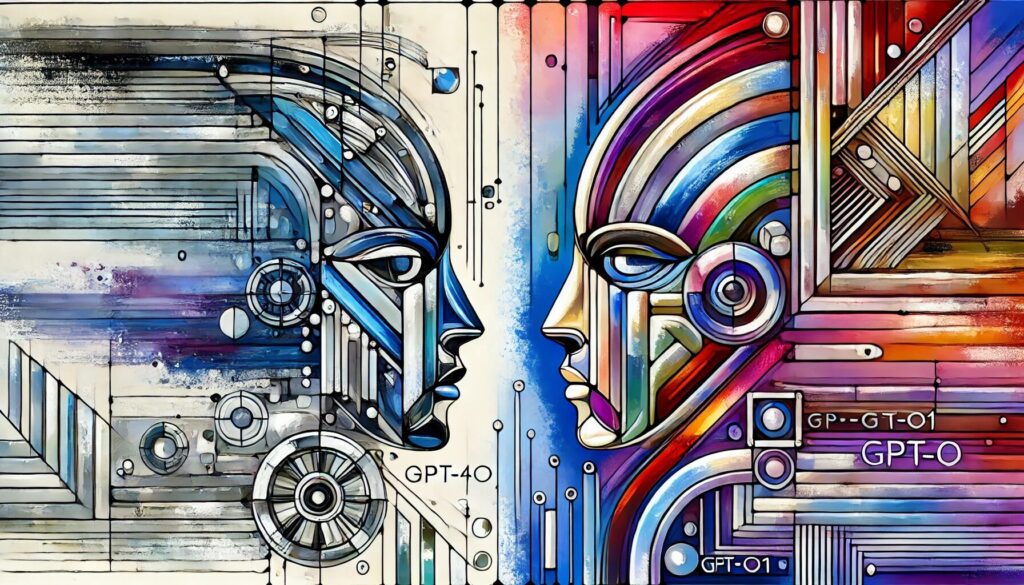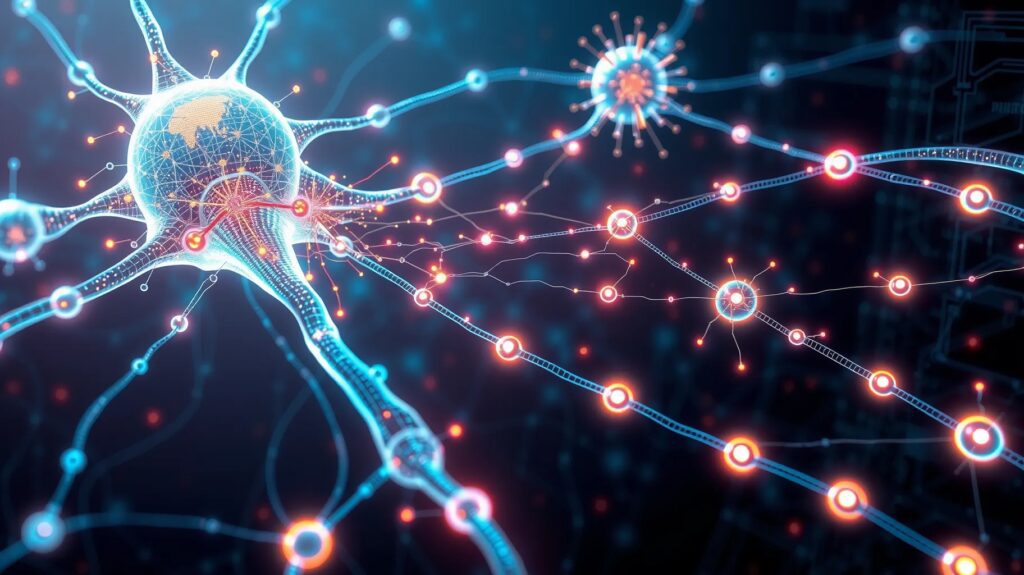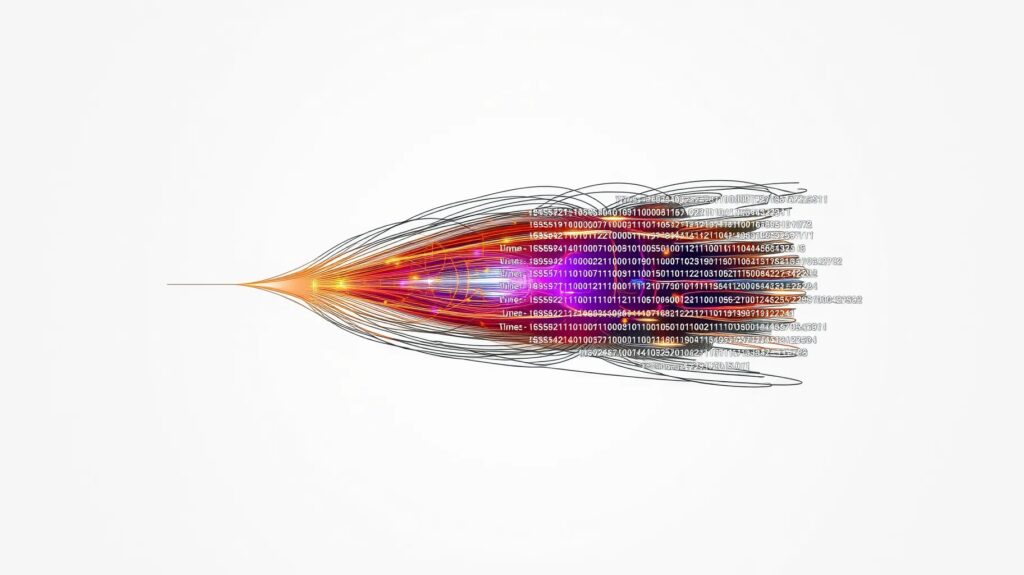
For decades, search engines have been our go-to tool for finding information. They’ve helped us navigate the vastness of the web with ease, delivering results based on keywords and algorithms.
But with the explosion of data and the demand for more nuanced, accurate responses, the limitations of traditional search engines are becoming more apparent.
Enter RAG (Retrieval-Augmented Generation), a groundbreaking AI technique that is transforming the way we access and understand information.
RAG is moving us from simple search engines to sophisticated knowledge engines that not only retrieve information but also synthesize and generate responses. This leap in technology is reshaping the landscape of information retrieval, offering smarter, faster, and more contextualized answers.
What is RAG? A Blend of Retrieval and Generation
RAG combines two powerful elements of AI: retrieval-based models and generative models. Traditional search engines rely on keyword matching and ranking systems, pulling up a list of links that are most relevant to the user’s query. Retrieval-based models improve on this by pulling specific pieces of content from a database.
These models are optimized to find the most relevant information in large datasets, reducing the noise and giving users more focused results.

Generative models, such as GPT-based systems, take this a step further by generating human-like text responses based on vast amounts of training data. These models understand context and can create nuanced responses that resemble actual conversations or explanations.
By combining these two approaches, RAG provides the best of both worlds. It retrieves specific, relevant information from a large database and then uses a generative model to synthesize that data into a coherent, well-articulated response. Instead of just giving you a list of links or documents, RAG gives you precise answers based on contextual understanding.
Precision Over Volume: The RAG Advantage
One of the biggest issues with traditional search engines is information overload. We often receive too many results, many of which are irrelevant or tangential to our original query. With RAG, the goal is to minimize irrelevant results by offering more precise answers. This system leverages retrieval-based algorithms to fetch the most relevant snippets of data and then applies generation to form a more concise response.
For instance, if you’re looking for a specific legal precedent or a scientific explanation, RAG can pull the relevant text from massive legal databases or scientific journals and generate an answer that directly addresses your query—without you having to sift through countless articles.
This precision is what sets RAG apart, and it’s particularly useful in fields like medicine, law, and academic research, where the quality and accuracy of information are more critical than the quantity.
Revolutionizing Research and Decision-Making
The integration of RAG into research tools is a game-changer. Whether you’re a scientist, student, or corporate executive, the ability to instantly retrieve and synthesize information is invaluable. RAG allows users to quickly validate facts, get detailed explanations, and even discover connections between pieces of data that might not have been immediately obvious.
Take medical research as an example. RAG systems could help doctors and researchers stay up-to-date with the latest studies and clinical trials. Instead of reading through dozens of papers, a doctor could query a RAG-powered engine to get a concise summary of the most relevant findings on a specific treatment or condition. This capability not only saves time but also ensures that decisions are informed by the most recent and relevant data.
In the business world, RAG could revolutionize decision-making by providing executives with deep insights drawn from financial reports, market research, and historical data. Rather than relying on a team of analysts to sift through complex datasets, RAG-powered tools can deliver actionable insights almost instantly, helping companies make more informed choices.
Contextual Understanding: The Key to Smarter Responses
What makes RAG truly stand out is its contextual understanding. Unlike traditional search engines that rely solely on keyword matching, RAG systems can grasp the meaning behind a query. This deeper understanding allows the model to generate more meaningful responses, tailored to the user’s intent rather than just matching a set of keywords.
For example, a traditional search engine might return a list of articles on “climate change policies” if you search for that term. But a RAG model could understand whether you’re asking about international agreements, recent legislative changes, or economic impacts based on how you frame your question. The engine can then retrieve specific pieces of information related to that context and generate an answer that is highly relevant to your needs.
This shift from keyword matching to contextual understanding is what makes RAG a true knowledge engine. It’s no longer just about finding information but about generating insights and knowledge that directly address the user’s query.

The Future: A World of Knowledge Engines
As AI continues to evolve, RAG is leading the way toward a future where knowledge engines replace traditional search engines. These systems won’t just find and rank pages but will provide synthesized answers that are accurate, contextually aware, and highly relevant. In fields where accuracy and speed are critical, RAG could completely revolutionize how we access and apply information.
Imagine a world where students get direct, accurate answers to complex questions from textbooks or scientific papers, or where doctors have instant access to cutting-edge medical research tailored to their patients’ needs. In such a world, information is no longer fragmented across thousands of pages or websites—it is synthesized into coherent, actionable knowledge.
The rise of knowledge engines powered by RAG marks the next evolution in information retrieval, making it faster, smarter, and more intuitive than ever before.
For more in-depth information on RAG and its applications, explore resources like the OpenAI Blog or Google AI’s Research Papers on retrieval-augmented generation technology.
Resources
Here are some references and resources for further reading on Retrieval-Augmented Generation (RAG) and its role in revolutionizing information retrieval:
- OpenAI Blog: Understanding Generative Models
OpenAI provides detailed insights into the development of generative models, including how they are combined with retrieval techniques to enhance accuracy and relevance.
OpenAI Blog - Google AI Research Papers
Google AI regularly publishes cutting-edge research on information retrieval and AI models, including advancements in retrieval-augmented generation and its practical applications.
Google AI Research - Facebook AI: RAG – Retrieval-Augmented Generation for Knowledge-Intensive NLP Tasks
Facebook AI introduced the RAG model to tackle complex NLP tasks, combining retrieval-based systems with generative models to provide context-rich, synthesized answers.
Facebook AI: RAG - DeepMind Blog: Advancements in Information Retrieval
DeepMind explores how AI is evolving beyond traditional search engines to knowledge engines, with RAG being a pivotal development in achieving more intelligent information retrieval.
DeepMind Blog - World Economic Forum: The Future of Search – From Engines to AI-Powered Knowledge Systems
This article discusses the broader societal and business implications of transitioning from search engines to AI-powered knowledge engines, with a focus on tools like RAG.
World Economic Forum





